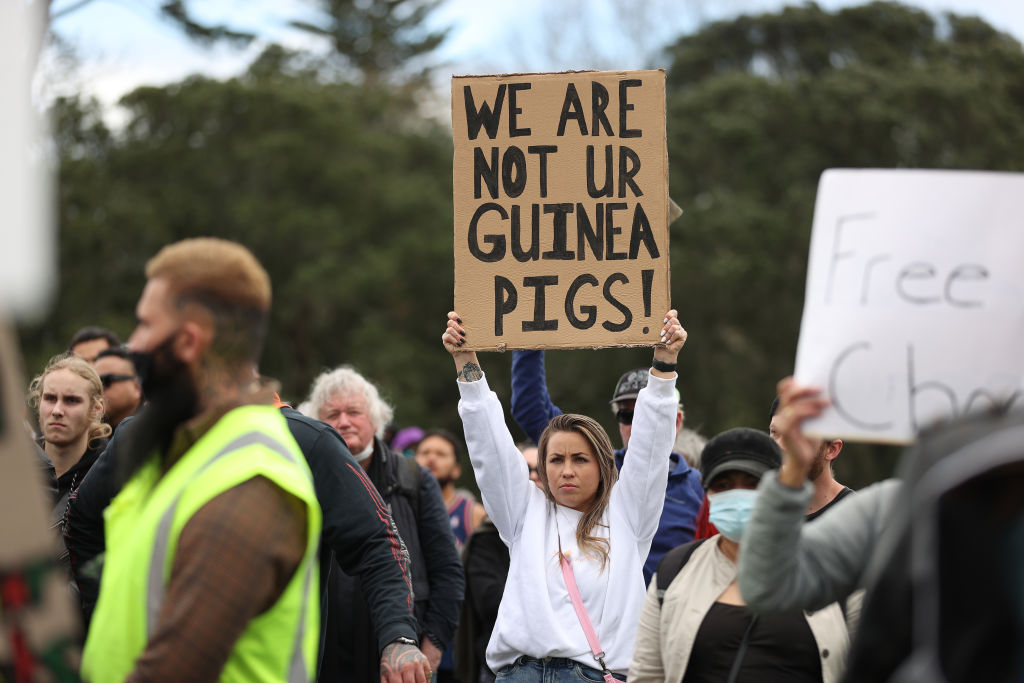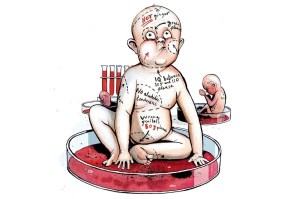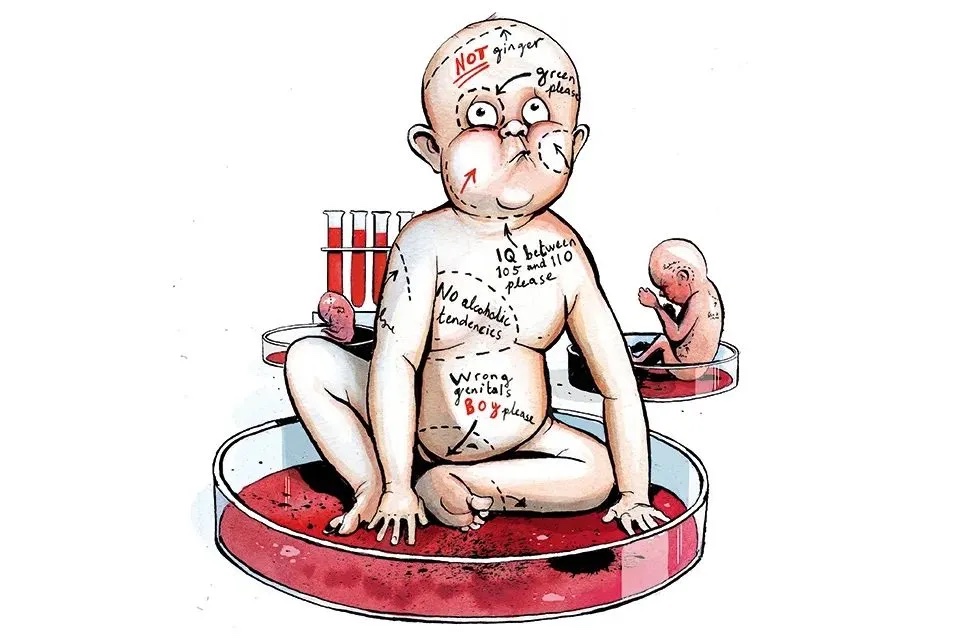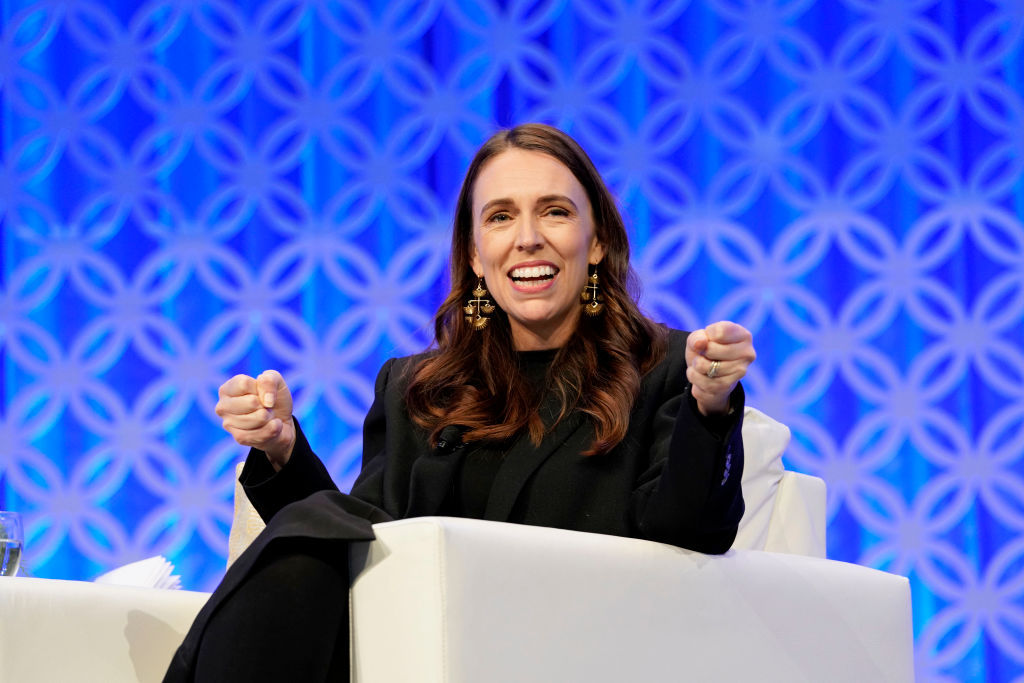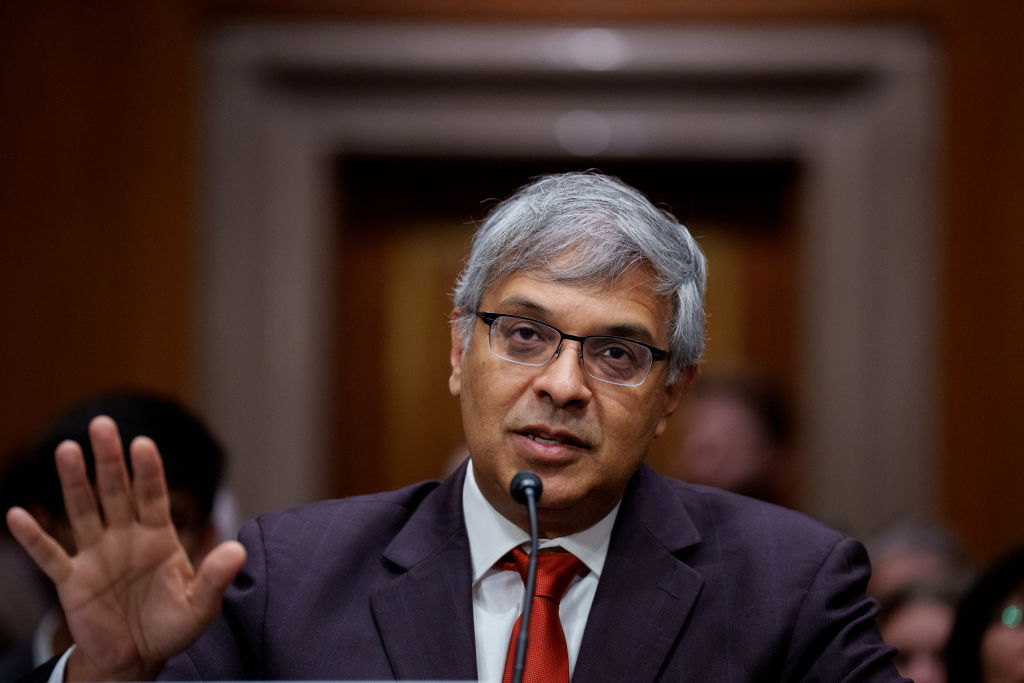There was a factory. Now there are mountains and rivers. If this is paradise, I wish I had a lawn mower. I thought we’d start over, but I guess I was wrong. And as things fell apart, nobody paid much attention. Don’t leave me stranded here. I can’t get used to this lifestyle.
So go the lyrics to the 1988 Talking Heads song ‘(Nothing But) Flowers.’ As bitterly cynical as it is catchy, the tune is an environmentalist anthem written from the perspective of some laggard who cannot adapt to life after a cataclysmic refashioning of society into a paradise not unlike Rousseau’s state of nature. I think of it as my personal hymn in the age of COVID.
Could there be a more fitting song for the present? We are told by public intellectuals that the pandemic has ushered in an opportunity for a Great Reset through which our consumptive habits will become kinder, gentler, and more sustainable. Others frame it as a Great Restructuring that will transform our homes and workplaces. The idea that the diminished pace of life earlier in the pandemic is a model for future environmental restoration has become so commonplace, it is now a meme.
Of course, there is nothing wrong per se with envisioning a more humane existence. Such is the enterprise of progressives and conservatives alike. But this ain’t it. Our intellectual class is instead guiding us into an age of unreason and fanatical obscurantism.
The Atlantic, for example, has published multiple pieces about ‘COVID Nostalgia’, as if only a virus could cause people to spend more time with family and friends, read some books, or bake bread. Our celebrities hold their fancy parties and award shows, unmasked, while the help dutifully shield their faces. Our children are deprived of consistent in-person education despite reasonable evidence that it would have been safe for schools to remain open all along with the addition of some air purifiers available at any big box. Our elites may covet an idyllic life like the one described in the Talking Heads song, but they are actively pushing us in the opposite direction.
One of the Atlantic’s pieces about nostalgia, published just last week, opens with the claim that ‘it’s easy to forget about the toilet-paper shortages, the empty streets, and the disinfected groceries.’ Is it really? Because last I checked, the supply chain is still such a wreck that retailers are reinstituting purchase limits on toilet paper. And I highly doubt that the friend of a friend who posted on social media that he thought he was having difficulty breathing because of COVID, only to realize it was because of panic over the prospect of getting COVID, ever stopped wiping his groceries with Clorox.
While these cases illustrate that some people and processes have been broken by COVID, they are relatively trivial. At the outer extreme, you could reside in a place like Australia where police will beat you bloody for failing to comply with draconian limitations on your movement. You know, to protect your health. Here in the States, we aren’t so brutish. Instead, our leaders fire health care workers when they are supposedly in short supply for refusing to be vaccinated. But perhaps the most outrageous news of late is a report by a Brown University pediatrics researcher suggesting that children born during the pandemic suffer from developmental gaps so significant, they are usually characteristic of cognitive disorders.
The good news is that our experts have finally started to acknowledge that there is little value in obsessively tracking new cases of COVID, and that we should instead focus on deaths and hospitalizations. Of course, non-experts could have told them long ago that this ‘learn to live with COVID’ approach was more sensible. Ordinary people still remember when the shared understanding was that everyone would likely get COVID at some point, and the modest goal was to avoid overloading the health care system.
The expert class brought about not a Great Restructuring of our lives, but a Great Restriction. They psychologically shattered people by promoting crippling fear of a virus that thankfully leaves most of us unharmed. They hobbled the economy and our ability to get the goods and services we need. They isolated our children and made them stupider. They have ruined lives in ways for which there can be no recompense. All the while, they have peddled the idea that we have been presented with some opportunity for a better life.
I can only speak for myself, but personally: I can’t get used to this lifestyle.
Bill Zeiser is the editor of RealClearPolicy.



